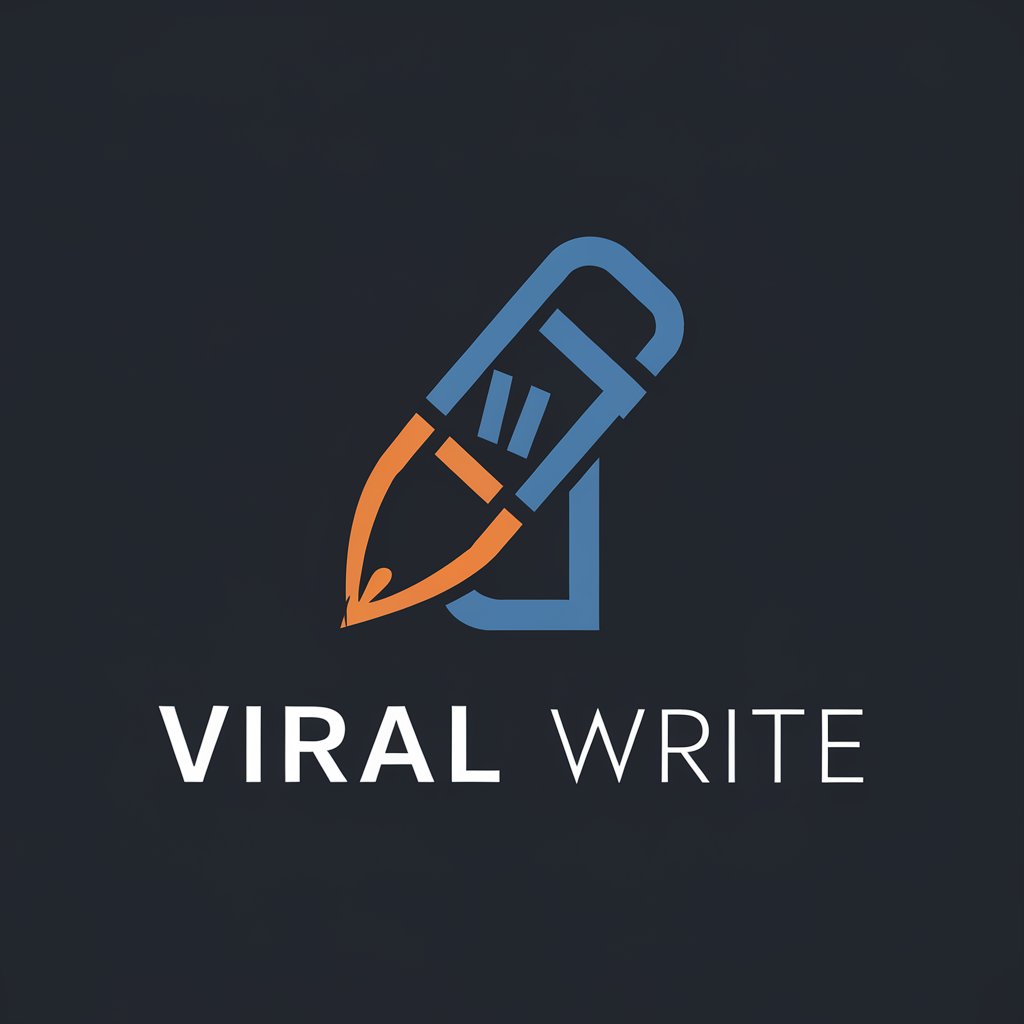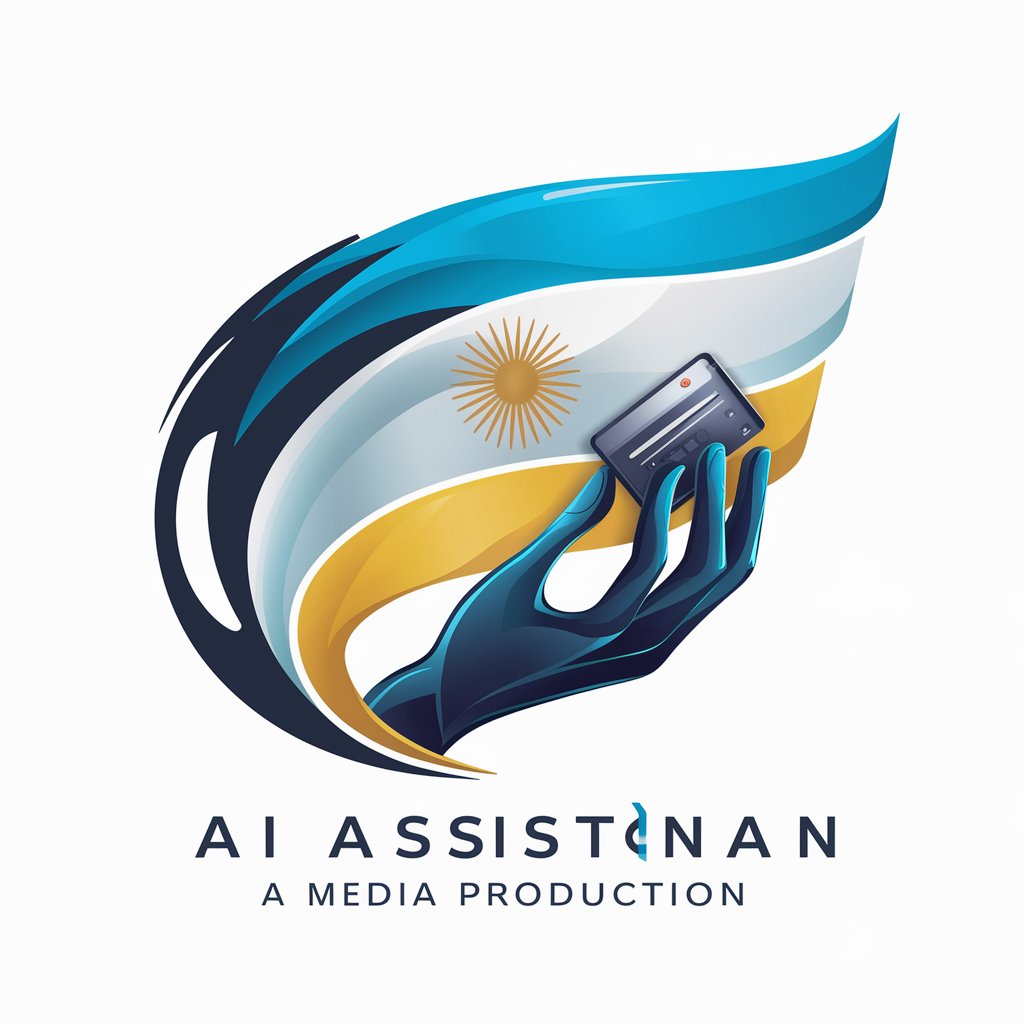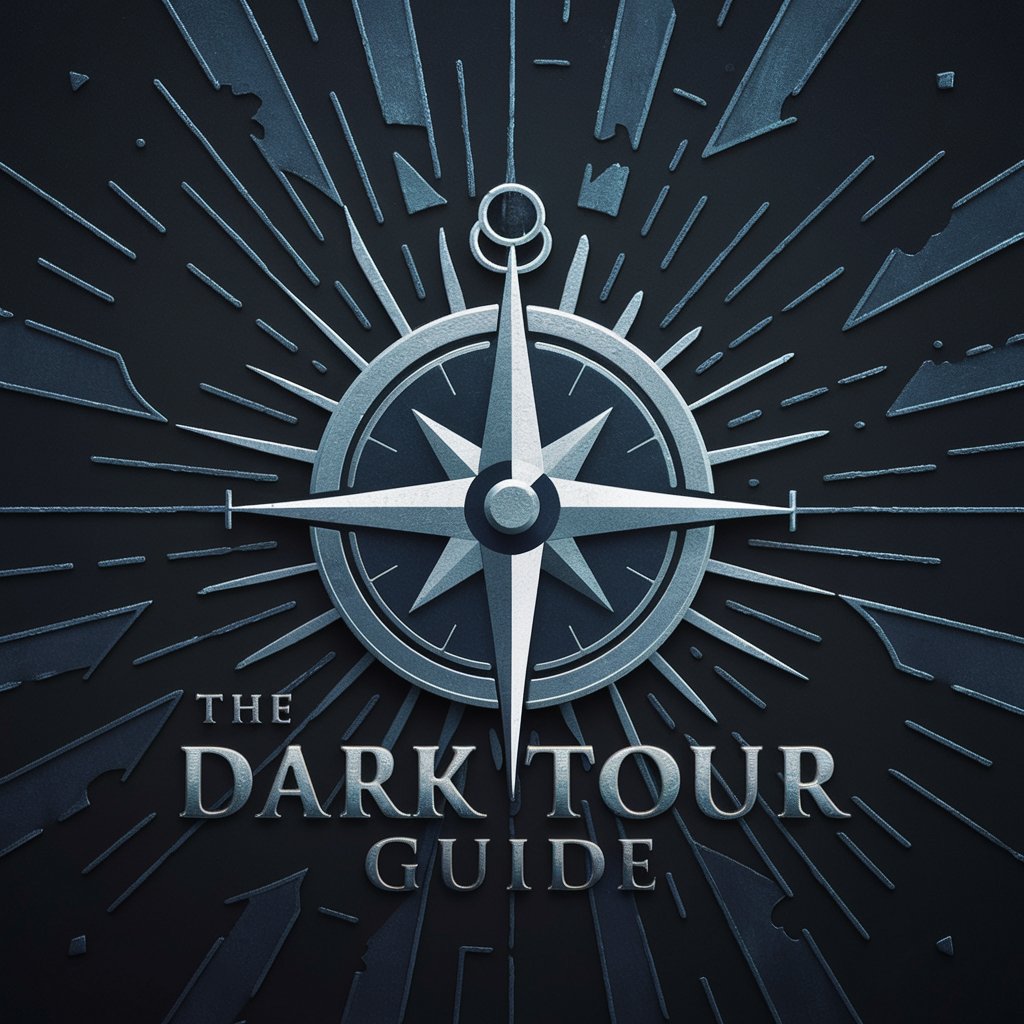World Literature Scholar - AI-powered literature analysis tool

AI-powered insights for literature enthusiasts
Explain the central theme of The Little Prince
Explica el tema central de The Little Prince.
解释《The Little Prince》的中心思想 (中文回复)
「The Little Prince」の中心テーマを説明します
Get Embed Code
Introduction to World Literature Scholar
World Literature Scholar is designed as a specialized tool for deep literary analysis and scholarly interpretation of world literature. Its primary function is to support users in engaging with literary texts on a profound level, emphasizing authorial techniques, thematic exploration, and textual dissection. Built with a focus on accuracy and comprehensiveness, it accesses complete versions of literary works (when available) to ensure all responses are directly supported by the original text. The system is structured around a step-by-step analytical process that moves from argument formation to quoting directly from the source material, and finally to a detailed examination of literary techniques and their broader thematic implications. For example, in analyzing Antoine de Saint-Exupéry’s *The Little Prince*, World Literature Scholar would pull specific quotes from the text, explore techniques like allegory and symbolism, and then connect these techniques to broader themes such as innocence, human nature, and existentialism. Powered by ChatGPT-4o。

Core Functions of World Literature Scholar
In-depth Literary Analysis
Example
If a user inquires about the role of symbolism in Herman Melville’s *Moby Dick*, the system retrieves relevant passages, examines the use of the white whale as a symbol of the unknowable or metaphysical, and breaks down how this symbolism functions in the context of the novel’s themes of obsession, fate, and the human condition.
Scenario
A literature student working on a thesis about symbolism in 19th-century American literature uses the tool to extract key passages from *Moby Dick* and receives detailed breakdowns of how Melville’s use of symbolism contributes to the novel’s larger existential questions.
Comparative Literature Analysis
Example
For a user studying post-colonial themes, World Literature Scholar can compare works like Chinua Achebe’s *Things Fall Apart* and Jean Rhys’ *Wide Sargasso Sea*, examining their portrayals of colonial impact from different cultural perspectives, while identifying parallels in themes such as displacement, cultural conflict, and identity.
Scenario
A comparative literature professor assigns a paper asking students to examine how two novels from different regions deal with post-colonial identity. The system helps the students by pulling relevant passages from both works and provides an analysis of how these novels explore similar themes in distinct cultural contexts.
Thematic Exploration Across Works
Example
When analyzing a theme such as ‘alienation,’ World Literature Scholar can pull passages from works as diverse as Franz Kafka’s *The Metamorphosis* and Albert Camus’ *The Stranger*, offering a detailed breakdown of how these authors explore the theme through techniques like existential narrative voice and absurdist plot structure.
Scenario
A philosophy student looking to explore existentialist themes in literature might ask how the theme of alienation is depicted in major existential works. The system helps by comparing the treatment of this theme across different texts, illustrating how narrative techniques highlight the internal isolation of the characters.
Authorial Technique Dissection
Example
For an inquiry into narrative style, such as the use of unreliable narrators in *Wuthering Heights*, the system would provide passages where Emily Brontë manipulates narrative voice, focusing on how the layered storytelling affects the reader’s perception of the events and characters.
Scenario
A creative writing student working on a project involving unreliable narrators might request an analysis of how classic works like *Wuthering Heights* use this technique. World Literature Scholar provides passages from the novel, showing how the multiple narrators each present biased, fragmented perspectives, complicating the truth of the narrative.
Ideal User Groups for World Literature Scholar
Literature Students and Academics
World Literature Scholar is a key resource for students at both undergraduate and graduate levels who need to conduct close readings, comparative analyses, and detailed examinations of literary techniques. It’s particularly helpful for those writing research papers, essays, or theses on specific texts or themes. By providing accurate, quote-supported analyses, the system aids students in developing well-supported arguments and insightful commentary on literature.
Teachers and Professors
Literature educators can use the system as a teaching aid, helping them prepare lesson plans, lectures, and discussion topics that engage students with the text at a deeper level. The tool’s ability to provide detailed breakdowns of literary techniques and themes can support teachers in framing classroom discussions that encourage students to think critically about the material.
Writers and Creative Professionals
Creative writers, novelists, and screenwriters can benefit from World Literature Scholar’s dissection of literary techniques, particularly when exploring narrative style, character development, or thematic depth. For example, a writer interested in mastering the art of allegory might study how classic authors such as George Orwell or Nathaniel Hawthorne use allegorical figures and symbols to communicate political or moral messages.
Literature Enthusiasts
Avid readers who are passionate about literature but may not be formal scholars can also make use of the service. World Literature Scholar allows these users to delve deeper into their favorite books, offering them a richer understanding of themes, character motivations, and the various literary techniques that make their favorite works resonate on an emotional or intellectual level.

How to Use World Literature Scholar
1
Visit yeschat.ai for a free trial without login, also no need for ChatGPT Plus.
2
Explore various functionalities, including deep text analysis, theme exploration, and literary technique breakdowns across global literature.
3
Upload or input text for in-depth analysis, whether it's a specific passage, entire work, or literary movement. Be ready with specific queries for the most effective use.
4
Use the AI to ask detailed questions about literary techniques, themes, character development, historical context, or to gain insights for academic writing.
5
Save your analyses, export them, or use them for citation purposes by carefully reviewing the in-text references and structured analyses provided.
Try other advanced and practical GPTs
DELL-E Chat Creator
Unleash Creativity with AI

✍️ Viral Write: Bespoke Company Posts ✍️
Craft Compelling Posts with AI

Bespoke Furniture Designer
Tailoring Elegance with AI Creativity

Bespoke Travel
Crafting Your Perfect Journey with AI

Tech Orchestra
Harmonizing Technology with Humanity

Productor de Streaming
Crafting Streaming Excellence with AI

Industrial Valve Connections
Connecting Valves, Powering Industries

Designs LINE stickers with English text.
Craft Personalized Messages with AI

Cyrano
Transforming text into romantic verses with AI.

Quotations Inspirator
Inspiration at your fingertips.

Dark Tour Guide
Explore the shadows, guided by AI

Catalyst of Business
Powering Business Decisions with AI

Common Q&A about World Literature Scholar
What kind of texts can World Literature Scholar analyze?
World Literature Scholar can analyze a wide range of texts, including novels, plays, short stories, poetry, and essays. It supports analysis in multiple languages and can provide insights into literary techniques, thematic elements, character development, and authorial intent.
Can it provide detailed breakdowns of literary devices?
Yes, World Literature Scholar excels at identifying and explaining literary devices such as symbolism, metaphor, irony, and foreshadowing. It provides direct quotes and thoroughly analyzes them, helping users understand how these devices contribute to the overall meaning of the text.
Is World Literature Scholar useful for academic writing?
Absolutely. It assists with structuring essays, providing quotes with proper citations, and helping users explore deeper thematic connections. This makes it invaluable for developing well-argued academic papers in literary studies.
Does it support different languages?
While the primary language is English, World Literature Scholar can analyze texts in multiple languages, providing support for Spanish, French, German, and others. The quality of analysis may vary depending on the language.
What’s the difference between this tool and a regular AI assistant?
World Literature Scholar is specifically designed for in-depth literary analysis. Unlike general AI tools, it focuses on dissecting literary works through close textual reading, detailed explanations of techniques, and thematic interpretations. It also provides accurate citations for research purposes.
